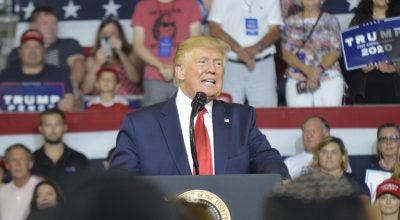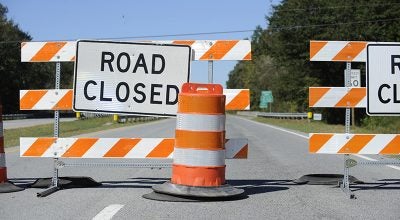Voting matters, at all levels
Published 1:16 am Sunday, November 6, 2011
Voter turnout for the municipal elections on Tuesday likely will be much less than voter turnout in years when there are presidential, gubernatorial, U.S. Senate and U.S. House of Representatives elections.
That’s a shame. If one thinks about it, local elected official’s decisions and actions have more impact on their constituents than elected officials at the state or national level.
Others share that opinion, including Damon Circosta, executive director of the N.C. Center for Voter
Education, a Raleigh-based nonprofit and nonpartisan organization dedicated to helping citizens more fully participate in democracy.
“Meanwhile, throughout North Carolina, we are about to elect local government officials who will have a tremendous influence on everything from where our children go to school, to the amount of time we sit in traffic and the value of our properties,” he wrote recently. “Local candidates might not get their face on television, and probably won’t become household names, but their election is every bit as important as what is going on in the nation’s capital.”
Circosta makes a salient point.
Elected officials at the local level have more influence in our day-to-day lives than a governor, U.S. senator or a president. City-council members or town aldermen make decisions such as whether the fire department gets a new fire engine, what dirt streets get paved and if taxpayers’ dollars will be spent to help recruit a new business or industry to their city or town.
As former U.S. Speaker of the House Tip O’Neill said, “All politics is local.” What O’Neill was saying is the simple, mundane and personal issues and concerns of voters matter more to those voters than the grandiose, intangible ideas often bandied about by politicians. For example, the need for overhauling the nation’s tax code may not be as immediately as important to a voter as finding and supporting a city-council candidate who will find a way to lower taxes.
If you didn’t vote early or you don’t vote Tuesday, then there’s a chance that less than a majority of registered voters in a specific city or town determine what happens in that city or town. That’s not right.
The voice directing the direction of a city or town should be a majority voice, not the voice of a vocal few. The desires and interests of a few should not become the government of all.
Voting is a citizen’s responsibility, whether it is voting for a town mayor, a U.S. Senator, a congressman or the president of the United States.
Take care of that responsibility on Election Day.





